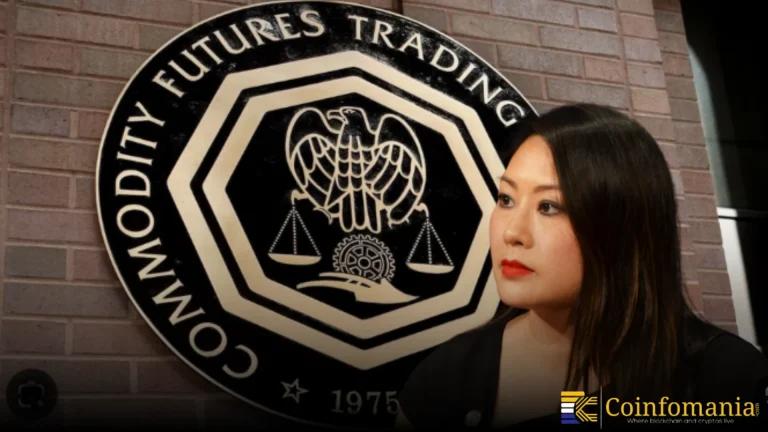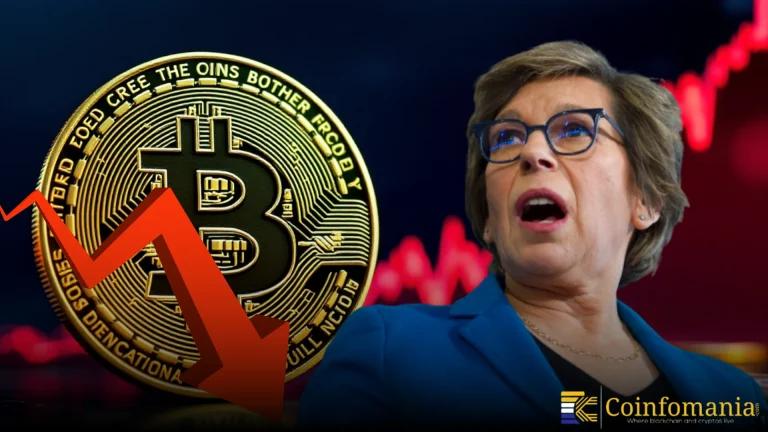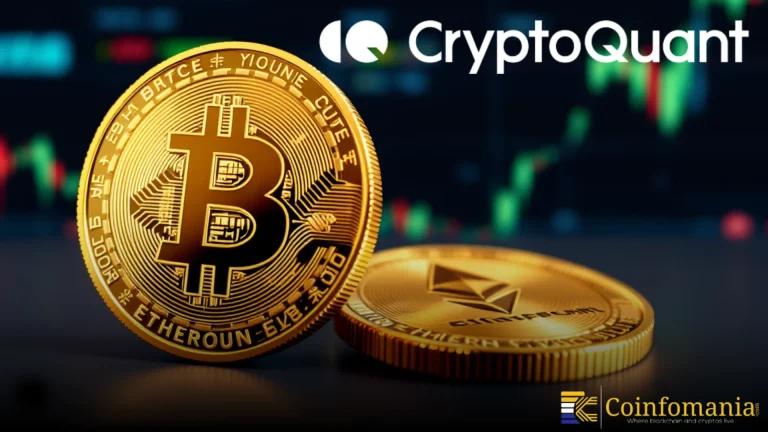Geopolitical Split on Dollar and Yuan Underscores Rising US-China Tensions
Curious how Bitcoin ownership by countries reflects the global currency war? This US-China standoff might hold the answer.

Quick Take
Summary is AI generated, newsroom reviewed.
Pan Gongsheng, head of the People’s Bank of China, warned about the risks of global reliance on the US dollar, hinting at China’s growing impatience with dollar dominance and its push toward alternatives like the yuan and decentralized assets.
Armani Ferrante’s reaction to China-US Bitcoin holdings went viral, highlighting how both nations trust an asset they can't control. His view: Bitcoin's neutrality gives it global value in a divided world.
Despite deep tensions, both China and the US are accumulating Bitcoin—each holding nearly 200,000 BTC—revealing a rare shared belief that in an uncertain world, decentralized currency may be the most resilient hedge.
As the geopolitical divide between the United States and China widens, something fascinating is happening quietly in the background, both superpowers are doubling down on Bitcoin. While public rhetoric focuses on dollar-yuan dynamics and global trade wars, there’s a new currency quietly gaining favor: Bitcoin. The ownership data tells a compelling story. The USA holds approximately 198,109 BTC. China, despite its restrictive stance on crypto trading domestically, controls around 190,000 BTC.
This near parity in Bitcoin holdings reveals something profound: a rare consensus between two economic adversaries. In a world increasingly divided along political and financial lines, Bitcoin ownership by countries might be the most intuitive indicator of what the future of global value exchange looks like. But why are both nations, who won’t touch each other’s controlled systems, drawn to the same decentralized asset?
Yuan Ambitions vs Dollar Dominance: The Growing Fracture
On June 18, 2025, Pan Gongsheng, the governor of the People’s Bank of China, subtly but clearly questioned the global reliance on the US dollar. Speaking at the Lujiazui Forum in Shanghai, he warned of the dangers of depending on a single national currency. Without naming the US, he called out how fiscal instability in a dominant country could ripple into worldwide crises. His message was unmistakable, China is tired of the dollar’s global dominance. This wasn’t a new tune. For years, China has attempted to position the yuan as a credible alternative to the dollar.

Chart 1- USD/CND 1-Day Price, published on XE, June 18, 2025.
For years, China has attempted to position the yuan as a credible alternative to the dollar. However, despite some gains, especially in trade with the Global South, the yuan still lags far behind. The US dollar remains the global trade default. Even though China has been pushing its digital yuan and aligning more with Russia and Iran, it still struggles to make the yuan a globally trusted store of value. In contrast, both countries seem to be slowly aligning on something they can trust, an asset neither can fully control.
Bitcoin: The Only Thing China and the US Can Agree On
Armani Ferrante’s viral reaction to a side-by-side graphic of US and China Bitcoin holdings summed it up well: “This is the most intuitive way to prove why globally distributed, censorship resistant assets will trade at a premium.” His logic is simple yet powerful, if China won’t use anything controlled by the US and vice versa, what’s left? Bitcoin. This decentralized currency does not rely on any government or single point of control.
That makes it uniquely positioned to serve as a neutral financial instrument in an increasingly fractured global order. While both countries maintain their competitive agendas, Bitcoin ownership by countries is growing precisely because it provides an insurance policy, against inflation, sanctions, and even war. The asset is politically agnostic, borderless, and operates outside the traditional levers of economic warfare.
Currency Wars Create Tailwinds for Bitcoin’s Rise
With the yuan trying to gain ground and the dollar struggling with its own credibility issues, we’re witnessing a new form of the global currency war. But unlike previous decades, where the fight was between central banks and fiat systems, this battle has a third player, decentralized assets like Bitcoin. And it’s not just ideological. China’s trade surplus limits the renminbi’s ability to serve as a global store of value.
Capital restrictions make it difficult for foreign investors to hold or trust the currency long-term. Meanwhile, the US is dealing with inflation, budget deficits, and growing internal political divisions that undermine faith in the dollar. As these traditional levers falter, nations are exploring new strategies. For both China and the US, that includes stacking Bitcoin.
What Bitcoin Ownership Signals About the Future of Money?
Bitcoin ownership by countries isn’t just a trend, it’s a signal. It tells us where global trust is migrating. It tells us that beyond sanctions and currency pegs, governments are preparing for an economic future where neutrality and decentralization could determine financial resilience. As the US and China wage war over trade, semiconductors, and military influence, they are quietly converging on one shared belief: owning Bitcoin may be their best bet at long-term financial leverage. Whether it’s to hedge against the other’s currency or to protect against internal instability, Bitcoin is becoming the common ground, not ideologically, but strategically.
Bitcoin: The Neutral Power in a Polarized Financial World
When two of the world’s most powerful nations invest heavily in the same censorship-resistant asset, it’s not a coincidence. It’s a roadmap. In a divided financial world, where the global currency war and US-China tensions show no signs of slowing down, Bitcoin emerges as the only truly neutral player. For investors, policymakers, and global observers, watching Bitcoin ownership by countries offers a clear window into how the future of value may shift, not toward any one superpower, but toward a system no superpower can fully control. And that, more than anything else, might be why Bitcoin continues to trade at a premium, and why it will likely remain one of the most strategically important assets of our time.
References
- This is the most intuitive way to prove to yourself why globally distributed, censorship resistant assets and their ecosystems will trade at a premium.
- Donald Trump’s agenda is weighing on the dollar, and there are plenty of signs the decline has further to go
- Aiming at the Dollar, China Makes a Pitch for Its Currency
Follow us on Google News
Get the latest crypto insights and updates.


